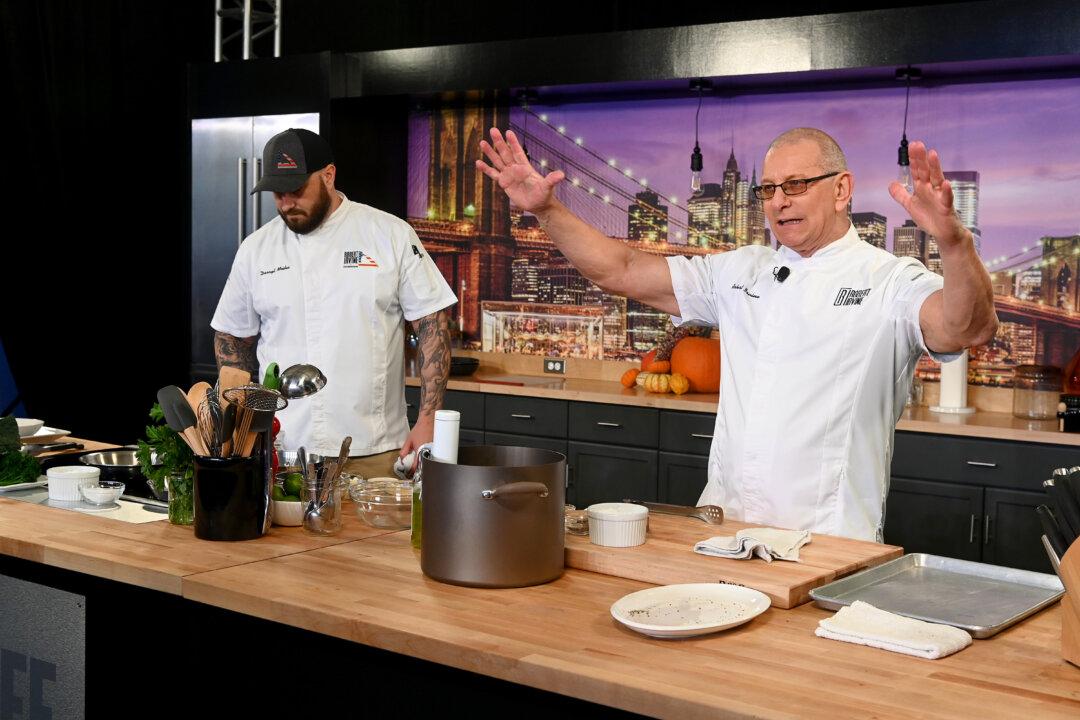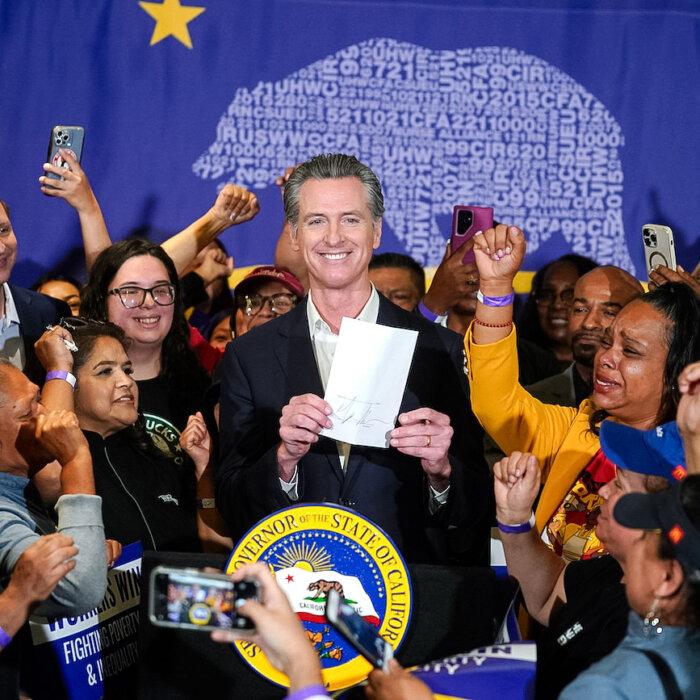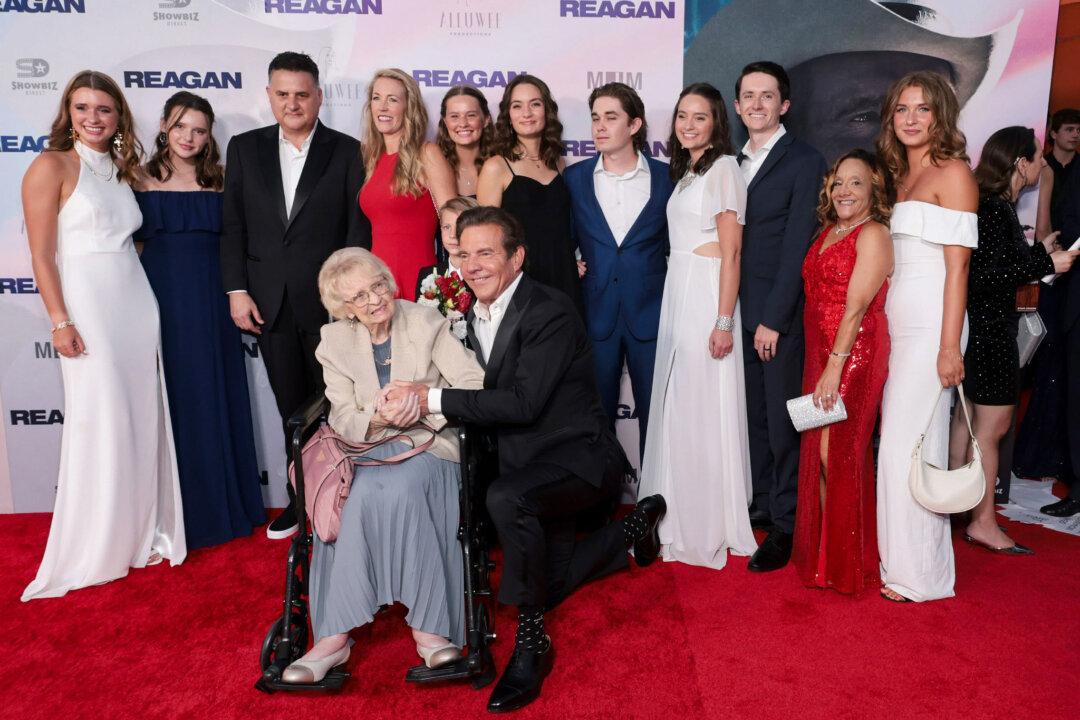“This is Robert Irvine predicting we’re going to lose about 20-plus percent of our small, mom-and-pop business because what California has actually done is going to enable other states to do the same thing,” Mr. Irvine warned. He emphasized that the issue extends beyond California, characterizing it as a widespread concern across the nation, stating “Now California has done it, has opened the gateways to other states to raise that minimum wage.”
AB1228 supplants its predecessor, AB257, colloquially dubbed the FAST Recovery Act, ratified in 2022 with akin intentions of bolstering worker rights. Prior to this recent adjustment, as of Jan. 1, 2024, the minimum wage across the state stood at $16 hourly.
Since the wage hike in California, Mr. Irvine, along with self-ordering digital kiosk technology company GRUBBRR, has experienced a staggering 77 percent surge in service requests. Mr. Irvine, who has invested in GRUBBRR, recently co-launched the “Restaurant Revamp” initiative to provide struggling restaurants with digital overhauls.
According to Mr. Irvine, these technological upgrades could serve as a lifeline for eateries facing closure or layoffs due to the new law. “I believe that everybody should be able to make a livable wage. And up until this point, it’s been tough. Restaurant workers have suffered. But it comes at a really bad time because the inflation is very high, food costs are very high,” Mr. Irvine remarked. He highlighted the burden on small businesses, unable to cope with the increased labor costs.
While Mr. Irvine doesn’t have stakes in California-based establishments, he is spearheading tech-driven restaurants in other states. He reassured that technology adoption wouldn’t entail job losses but rather enhance efficiency by reducing errors and improving customer service. He noted, “And the increase of wage plus the food cost is putting small, mom-and-pop operators out of business because they cannot afford $20 an hour, $27 an hour in some places.”
Mr. Irvine advised restaurateurs to adapt and innovate to navigate the changing landscape. Celebrity chef Andrew Gruel, founder of the “Slapfish” seafood chain, with locations throughout Southern California and other states, expressed his concerns in a statement to The Epoch Times.
“It’s a 25 percent increase in cost for all restaurants,” Mr. Gruel stated, “so prices will probably go up around 20 to 25 percent to cover the cost. Even if a restaurant already pays $20 per hour or more (us for example) they now need to pay more to sit above the minimum wage and remain attractive as a higher paying restaurant.”
Mr. Gruel, who also appeared on Food Network’s Food Truck Face-Off, predicts these rising costs will ultimately hit consumers. “It increases everything,” he said, “then the prices go up and the team member dollar doesn’t go as far. Then the wage will go up again. Wash, rinse, repeat.”
Following the commencement of the new minimum wage, a Fosters Freeze branch in Lemoore, California ceased operations, leaving its employees jobless. The abrupt closure left some workers bewildered, initially mistaking it for an April Fool’s prank.The closure turned out to be genuine. Loren Wright, the proprietor of the Fosters Freeze, expressed reluctance in a text to the news outlet, stating, “Small businesses can’t survive a 120% plus min wage increase over the last 10 years. We are all more broke than we were 10 years ago its clear raising min wage isn’t helping...I am sad to see my employees off, and sad to see Lemoore off.”







